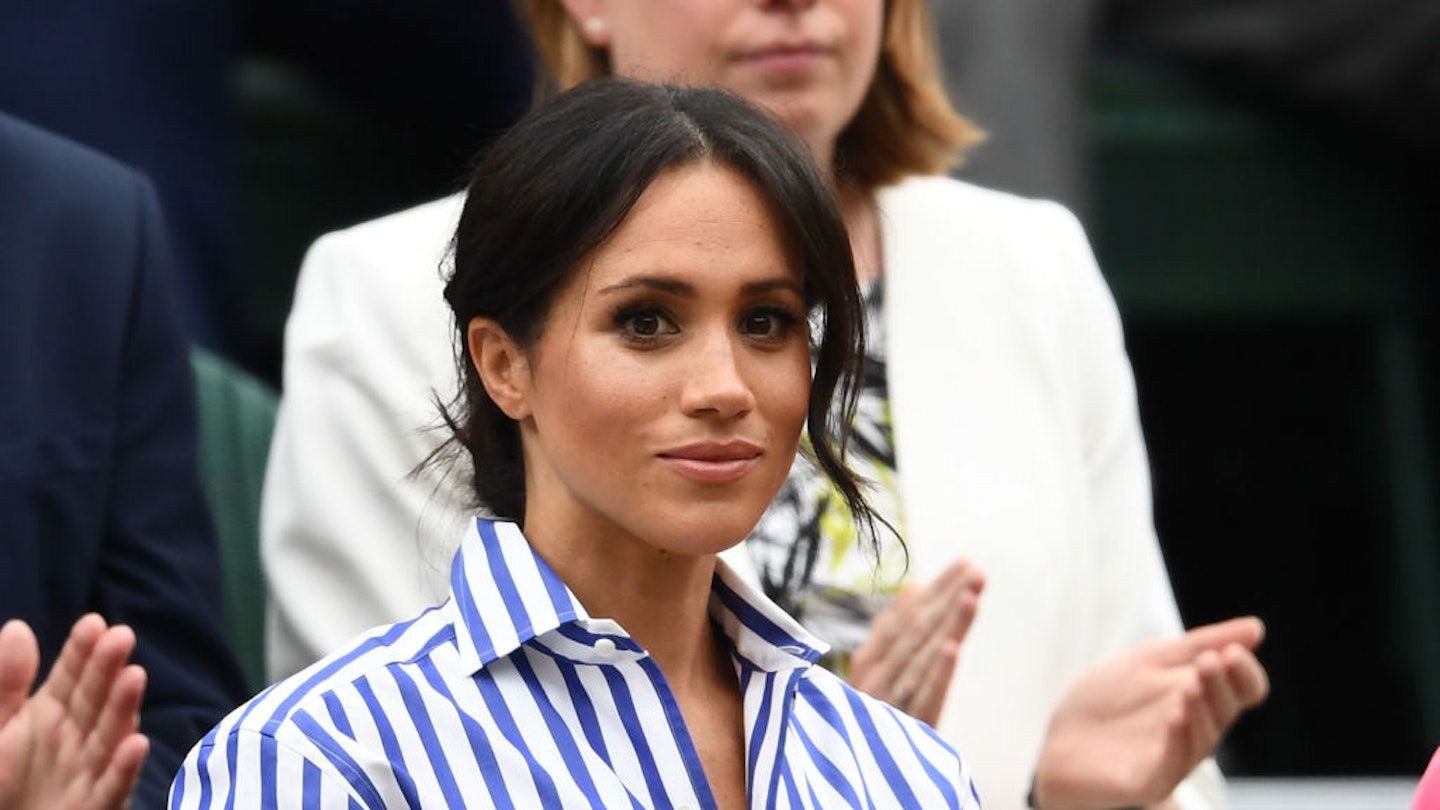The recent interview between Meghan Markle, Prince Harry and Oprah Winfrey has highlighted the complex intersection of race and mental health in the UK. In particular, it has called attention to racial trauma and how this can manifest in the form of mental health distress.
In the fallout of this interview, it is the intellectualisation of racism in the media and online, denying that it can exist in a traditional British institution, all to the detriment of Black people’s mental health that is particularly traumatising. It is the constant positioning of Black people, the expectation placed on the Black community to always explain, debate, fight and call out obvious racism that is exhausting. It can be argued that this is a form of racial trauma that is itself perpetuated within the media.
Many marginalised groups are affected by racism and yet Black people are racialised differently. Anti-blackness means that Black people often find themselves at the bottom of the heap when it comes to social settings, job opportunities, education, healthcare and romantic relationships whilst being treated aggressively at the interface of media, policing and criminal justice systems. This understandably has a negative impact on mental well-being. It is almost as if society is telling you at every turn that you do not matter.
Unfortunately, it is quite common for people to deny that racism exists or to minimise the effects of racial trauma. This locates the problem in the individual, in their personal failings rather than locating it where it belongs, as a natural product of a system that protects itself from meaningful change.
61% of people surveyed agreed that their experiences of racism has negatively affected their mental health.
With this in mind, it is no wonder that many Black and Brown people are finding the conversations around Harry and Meghan personally difficult to witness. Meghan’s disclosure of suicidal thoughts was met with suspicion and derision. This sends a dangerous message to the many Black and Brown people who currently are experiencing or who will encounter these experiences in the future – “you won’t be believed, particularly if you’re not well liked!” It may be obvious but it is worth stating explicitly- you do not have to like someone in order to believe them or to support them with access to good mental health care.
It is so important to safeguard your mental health as much as possible as the fallout from this carries on. This can look like limiting your consumption of social media and the news, not engaging in “devil’s advocate” discussions around racism, connecting with supportive friends and family, scheduling time to rest and recharge. If you are experiencing thoughts to end your life or find that you are experiencing a mental health crisis, please do reach out for support. Some UK organisations that provide free 24/7 support in a crisis are Samaritans on 116 123 and SHOUT 85258 (Text 85258).
Last month, Black Minds Matter UK conducted our own mental health survey on Black mental health which showed that 61% of those people surveyed agreed that their experiences of racism have negatively affected their mental health.
Many people are already hesitant about seeking support for many reasons and to see Meghan’s own struggles dismissed with such ease only adds to the barriers to help seeking. At Black Minds Matter UK, we celebrate and cherish the Black community and so we want to safeguard the mental health of all Black people. We know that all black minds really do matter!
As a result of this, we have recently launched our biggest campaign yet, in which we have set 21 weeks to find 21,000 lifetime donors. This would raise enough money to continue to help those on our waiting list and to fund around 1,500 courses of therapy each year moving forward.
To get involved in the #BMMUK21 challenge, visit this page or follow the challenge on Instagram.
Dr Mayowa Aina is a Clinical Psychologist and part of the BMMUK team
